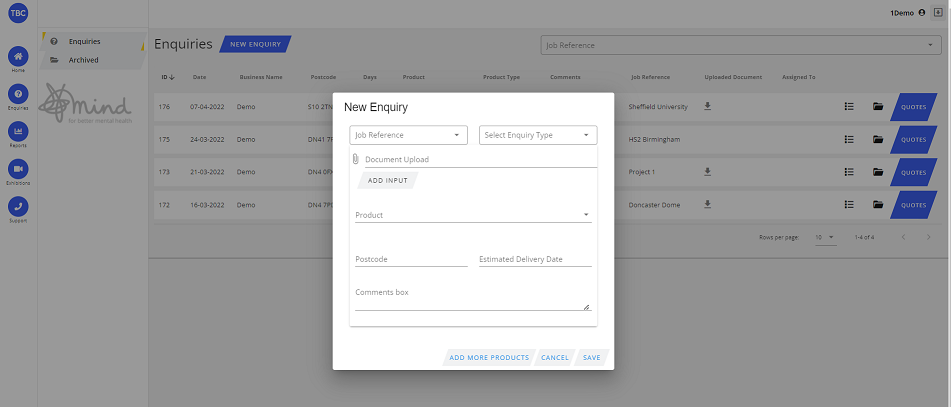Benefits for Subcontractors
Subcontractors can enjoy several advantages from employing sustainable HVAC solutions in construction projects:
Cost Savings: Sustainable HVAC systems often lead to lower long-term operational costs, making properties more attractive to homeowners or tenants.
Market Differentiation: Subcontractors who prioritise sustainability and ESG principles can distinguish themselves in the market, attracting environmentally-conscious clients and enhancing their reputation.
Local Partnerships: The Build Chain streamlines procurement processes, reduces lead times, and ensures a reliable supply of HVAC materials and equipment from local suppliers.
Sustainable HVAC solutions are integral to constructing energy-efficient, comfortable, and environmentally responsible buildings. By sourcing materials locally and reducing Scope 3 emissions, subcontractors can contribute to a greener, more sustainable future. Moreover, sustainable HVAC solutions offer long-term cost savings, market differentiation, and the assurance of ethical practices, making them a vital component of the construction industry's commitment to environmental and social responsibility.




